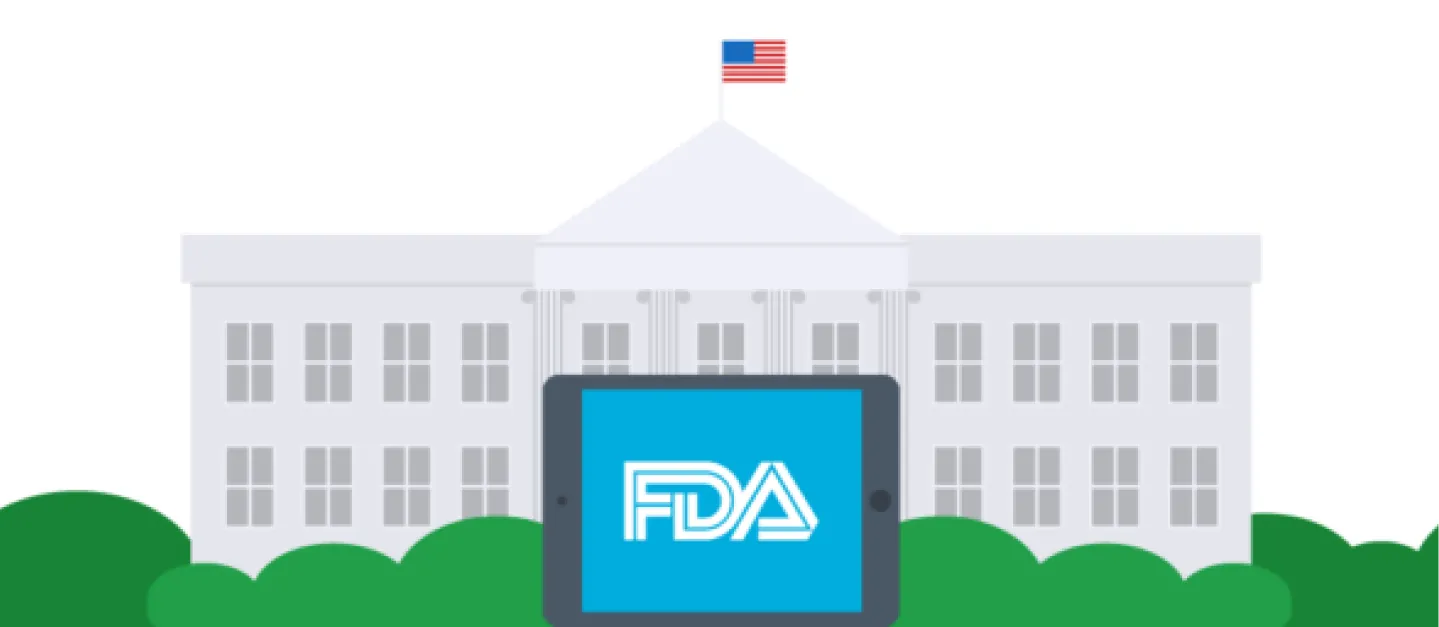Not all mobile health apps are created equal, the FDA recently stated, and the agency will only regulate apps that work like medical devices.
Three take-home messages from the 44-page FDA Guidance on Mobile Medical Applications include:
#1. FDA will limit regulation. Certain apps that work in concert with wearable devices to track arrhythmias, monitor glucose levels or provide heart information to an iPhone are specific examples of apps the FDA already regulates as ‘medical devices.’
The FDA now calls these ‘mobile medical apps.’ Noting that any malfunction could jeopardize patient safety, the agency will regulate this subset of apps.
#2. Most mobile health apps are low-risk. The agency considers the majority of mobile health apps as just “mobile apps.” Because they’re not medical devices, the FDA will not regulate them — according to the long awaited FDA Guidance on Mobile Medical Applications released February 9, 2015. (The agency left itself some room in these recommendations for exceptions.)
#3. Most mobile software companies applaud the FDA’s move. That includes us. We believe this will mean a big win for more innovation in the mobile health app marketplace, potentially helping mobile health technology continue its impressive growth throughout 2015.
“FDA is quite earnestly working to ensure that it uses the lightest regulatory touch appropriate for software,” attorney and FDA regulation specialist Brad Thompson told VentureBeat. “It’s exciting because it means that innovation in this space can truly flourish.”
Want to see an app that can help you manage your patients and your practice?




